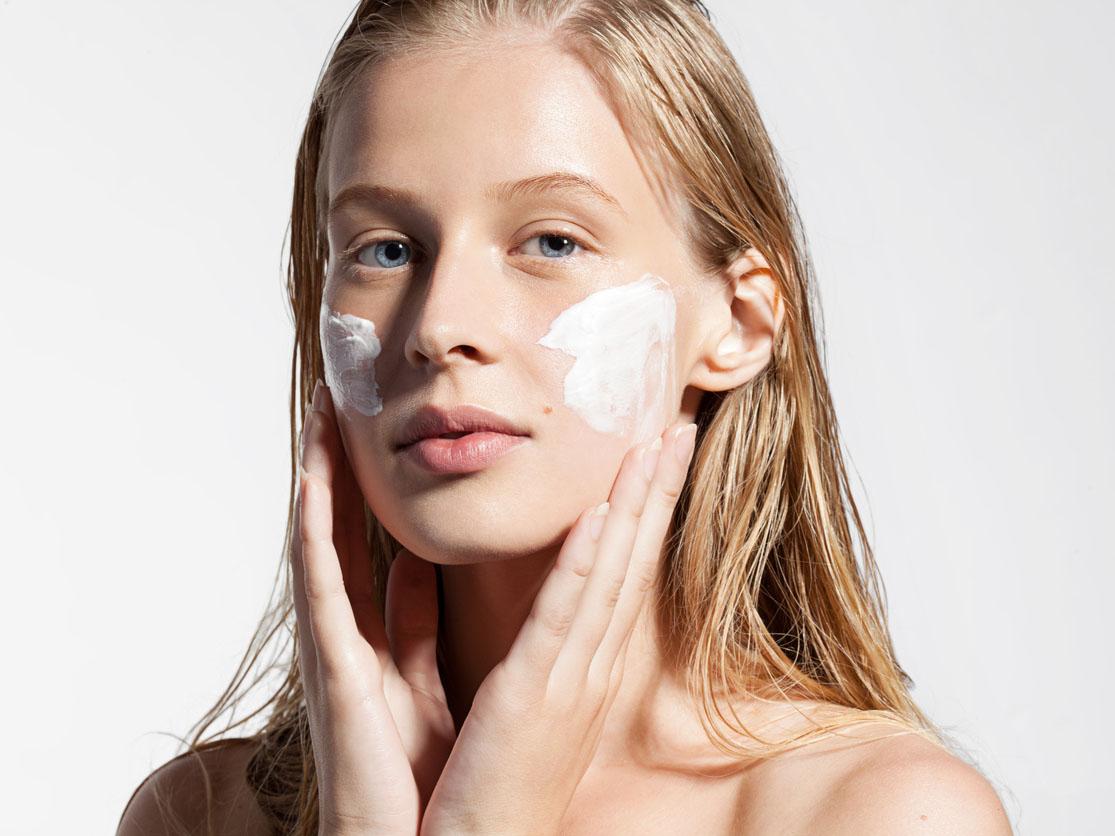Why you should wear SPF all year round
Is it really a necessary step, whatever the weather?

Your support helps us to tell the story
From reproductive rights to climate change to Big Tech, The Independent is on the ground when the story is developing. Whether it's investigating the financials of Elon Musk's pro-Trump PAC or producing our latest documentary, 'The A Word', which shines a light on the American women fighting for reproductive rights, we know how important it is to parse out the facts from the messaging.
At such a critical moment in US history, we need reporters on the ground. Your donation allows us to keep sending journalists to speak to both sides of the story.
The Independent is trusted by Americans across the entire political spectrum. And unlike many other quality news outlets, we choose not to lock Americans out of our reporting and analysis with paywalls. We believe quality journalism should be available to everyone, paid for by those who can afford it.
Your support makes all the difference.For most of us, a new season sparks a shift in our beauty routines as we replace super-thick body butters and masks for lightweight formulas that are nimbler on the skin.
However, there is one product that clings on to its perpetual spot in our regime: sun protection.
At this time of year especially, sun exposure poses one of beauty’s biggest dilemmas. We all crave that sun-kissed beachy glow but in the same vein, we’re also well aware of the havoc it can wreak on our skin.
And while you’re probably well aware that you should be wearing an SPF, why and how often is something even us beauty buffs can have trouble getting on board with.
So, what is it exactly?
SPF stands for sun protection factor and essentially refers to the amount of protection a product offers against the sun’s damaging rays.
In addition, the factor a product is given translates to a theoretical amount of extra time you can spend in the sun until your skin starts to become affected.
For example, if your skin were to normally start turning pink after five minutes, an SPF 30 product would increase that time by 30 so you could spend up to 150 minutes in the sun. Of course, this is merely a guide.
But, why do we need to use one? Well, if protection against skin cancer – including basal cell carcinoma, squamous cell carcinoma and melanoma – isn’t enough to persuade you, it’s also recognised as the best and most effective anti-ager when it comes to preventing premature wrinkles.
Understandably though, many of us assume that wearing an SPF reserved to sweltering summer days spent on the beach but actually, even the cloudiest of climes can be causing damage to your skin.
In fact, approximately 80 per cent of UV rays still penetrate through clouds so it’s absolutely vital to apply an SPF all-year round.
Thankfully, these formulations have come a long way since the greasy, pore-blocking creams of our childhoods.
Instead, they’re now super-lightweight, offer up a bevy of surplus skincare benefits and in some instances even double as a flawless make-up base.
Logically, those with fair complexions or who tend to burn quickly should always opt for a high factor cream but that’s not to say those with olive or darker skin tones can give it a miss completely.
As a rule, everyone should be applying a broad-spectrum sunscreen with at least SPF 30 on all their exposed areas.
Join our commenting forum
Join thought-provoking conversations, follow other Independent readers and see their replies
Comments